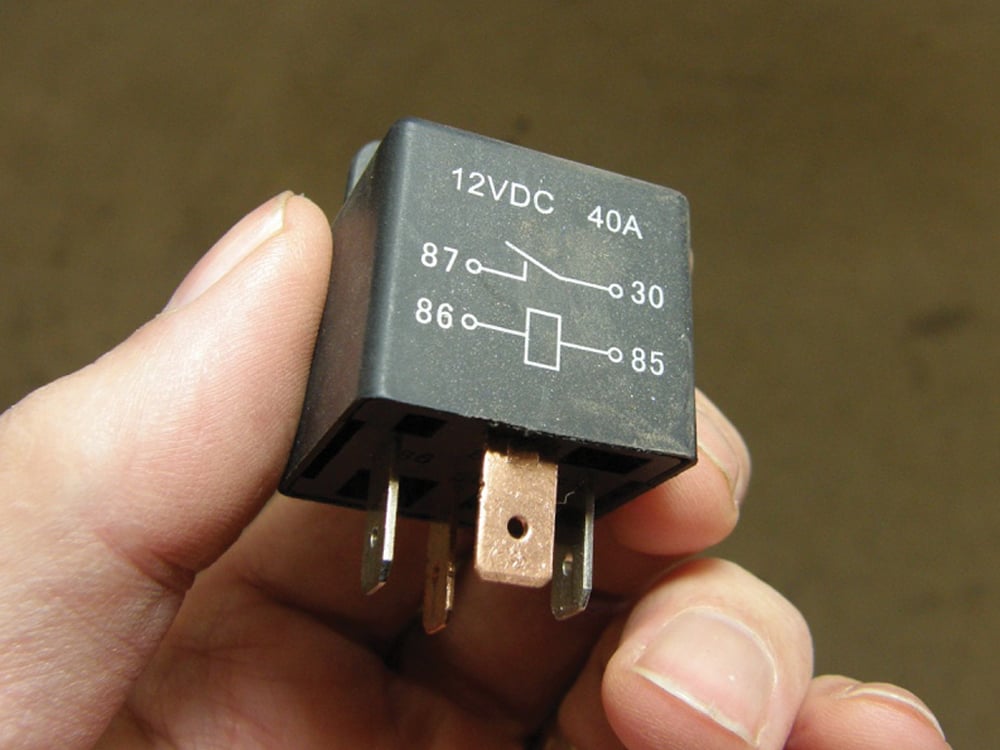Relays, the unsung heroes of industrial automation, play a pivotal role in controlling and safeguarding various processes across industries. These electromechanical devices serve as essential components in a wide range of applications, enabling efficient and reliable operation. In this article, we will explore the diverse and innovative ways relays are utilized in industry, highlighting their significance and impact.
- Industrial Control Systems:
Relays serve as the backbone of industrial control systems, facilitating the seamless operation of machinery and equipment. By acting as an interface between low-power control circuits and high-power loads, relays enable the control of motors, solenoids, valves, and other devices. Their ability to switch high currents and voltages ensures the safe and efficient functioning of industrial processes. - Power Distribution and Protection:
Relays are instrumental in power distribution and protection systems, ensuring the reliable and secure supply of electricity. They are employed in circuit breakers, where they detect faults, such as overcurrent or short circuits, and swiftly isolate the affected area to prevent damage. Additionally, relays enable load shedding during peak demand periods, optimizing power distribution and preventing blackouts. - Process Automation:
In the era of Industry 4.0, relays play a crucial role in process automation. They are integrated into programmable logic controllers (PLCs) and distributed control systems (DCS), enabling the automation of complex industrial processes. Relays act as control elements, executing commands based on predefined conditions, and coordinating the operation of various components, such as sensors, actuators, and motors. This seamless automation enhances productivity, reduces human error, and improves overall efficiency. - Safety Systems:
Relays are vital components in safety systems, ensuring the protection of personnel and equipment. They are utilized in emergency shutdown systems, where they detect hazardous conditions, such as excessive temperature or pressure, and trigger immediate shutdowns to prevent accidents. Relays also enable the implementation of fail-safe mechanisms, such as interlocking systems, which ensure that specific operations can only occur under predefined conditions, minimizing risks in industrial environments. - Automotive Industry:
Relays find extensive applications in the automotive industry, where they contribute to the efficient functioning of various electrical systems. From controlling headlights, windshield wipers, and power windows to managing engine control units and anti-lock braking systems, relays are essential for reliable and safe vehicle operation. Their ability to handle high currents and withstand harsh environmental conditions makes them indispensable in automotive electronics.
Conclusion:
Relays have revolutionized industries by providing reliable control, protection, and automation solutions. From industrial control systems to power distribution, process automation, safety systems, and automotive applications, relays play a vital role in ensuring efficient and secure operations. As technology continues to advance, the versatility and importance of relays are only expected to grow, further enhancing the performance and safety of industrial processes across the globe.


